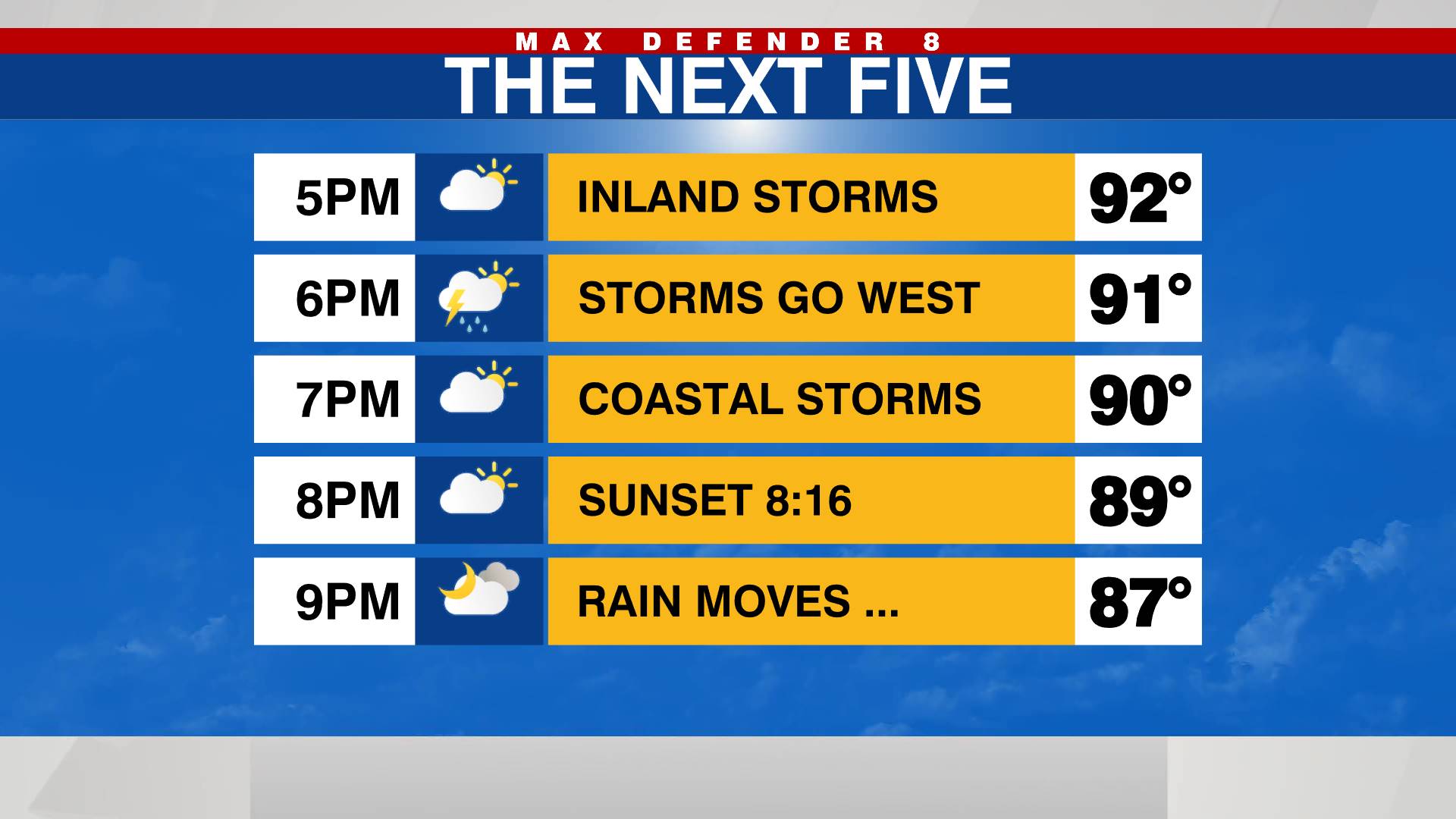TALLAHASSEE, Fla. (WFLA) — Hurricane Ian continues to devastate counties across Florida, leaving communities wondering what to do next. 8 On Your Side reporter Libbey Dean spoke with Gov. Ron DeSantis about how the state will handle recovery efforts as the storm comes through.
“The next couple hours are going to be crunch time to determine the extent of the damage. I would say the biggest impacts on the state will be the impacts that are occurring over these next couple hours,” DeSantis said.
With wind speeds over 100 miles per hour, the governor warned that millions were expected lose power, at least temporarily, as the storm heads toward the Atlantic.
“There’s going to be a lot more. There’s going to be millions of Floridians that are gonna have power interruptions,” DeSantis said. “If the category four storm comes in, the storm surge is washing away infrastructure in a place like Lee County or Charlotte. We have over 42,000 linemen and associated personnel.”
The governor said he was most worried about the storm’s impacts on communities.
“If you go back 36 hours, they were projecting a direct hit in Tampa Bay, which has not happened in a long time. We were obviously very concerned about that. Tampa Bay is gonna have impacts, there’s gonna be a lot of water. I think you’re gonna see a lot of flooding.” said Gov. DeSantis.
“Are you worried about Floridians making those claims with everything that’s going on with property insurance and flood insurance, all of those things going on in Florida right now?” asked Dean.
Focused on Tampa Bay, the hurricane’s path, and insurance policies for Florida residents, DeSantis addressed hurricane insurance and the state’s ongoing property insurance crisis. The National Flood Insurance Program is an insurance policy program operated by the Federal Emergency Management Agency.
“In the Tampa Bay area, there’s about a million policies with the National Flood Insurance Program, there’s only about 10 to 15,000 policies that are private flood insurance. When people talk about the homeowner’s insurance market, most of those claims for flooding are not gonna be for our standard homeowner’s policies. I’ve spoken with Jimmy Patronis and Citizens, their view, looking at the modeling of how much policy they would have to pay out,” DeSantis said. “They (Citizens) has about a $6 to $7 billion surplus. They think once this storm clears and they pay all the claims that they’d still have between a $4 and $5 billion surplus. They feel good that they’ll be solvent through this.”
DeSantis said he thinks the private carriers will have a different outcome compared to the policies underwritten by NFIP.
“I think the private carriers, a lot of it’s gonna depend on their financial situation. You know, the regulators, when they go and approve their policies they do different stress tests. This year they all had to pass a stress test for a major storm going into Tampa Bay and they had to show that they were capitalized enough to do that,” DeSantis said.
Keeping an eye on the storm’s path through Florida and on its way to the Atlantic Ocean, the governor said he’s focused on helping Floridians.
“The storm’s gonna pass and immediately it’s going to be life safety. We understand this is a long term thing and we’ll have to see the extent of the damage to the infrastructure,” DeSantis said.














